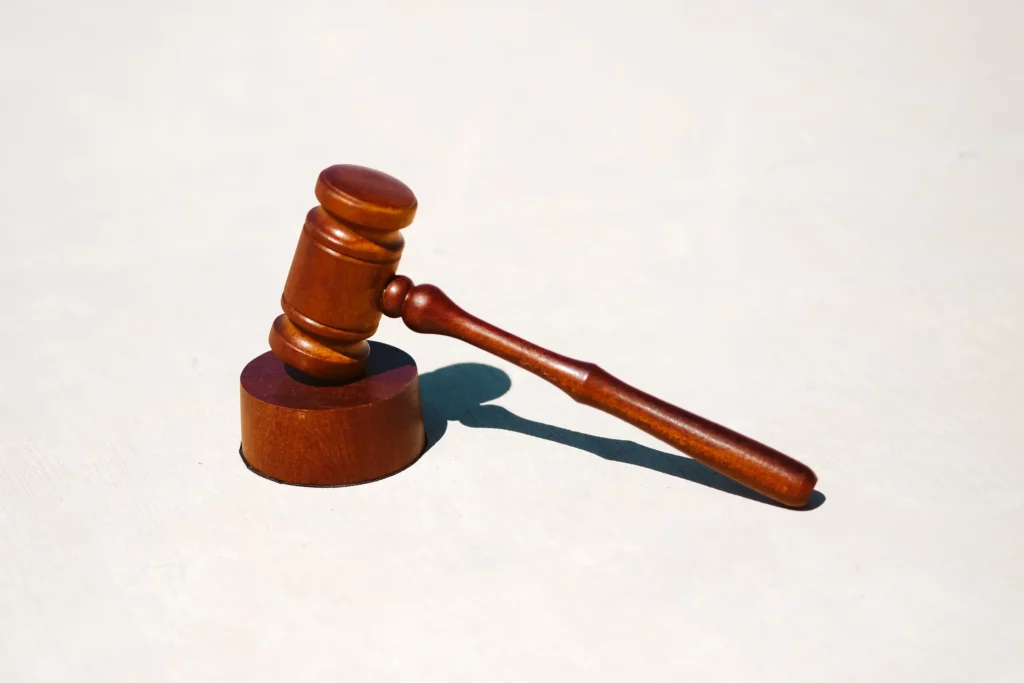Appeal A Prison Sentence
Appeal a prison sentence – Once youve been sentenced to prison it can be a daunting, traumatic and life-changing experience.
While most people will accept their sentence and serve their time, there are situations where an individual may feel that their sentence was unjust or too harsh. In these cases, it is possible to appeal a prison sentence in the UK.
To appeal this usually has to be done within the first 28 days of the sentence being handed down by the courts. If you fall outside this time limit, all is not lost, you can apply to be granted an extension of time but youll have to explain why youve fallen short of the 28 day limit. This could be due to a change in legal representation for example.
When your sentenced the judge would need to adhere to the prison sentence guidelines aswell as the persons previous history. Aggravating mitigating circumstances are also taken into consideration.

Grounds to appeal a court sentence
Rather than just feel the prison sentence is too harsh, youll need to figure out what grounds you have to appeal. Was the sentence wrong or extremely excessive for the crime. Does it fall in line with the prison sentence guidelines? Is there a dispartiy of sentence such as a co-defendant receiving a completely different sentence to you.
Do you feel the sentence is not justified by law or incorrect based on the facts. If you feel the judges remarks on sentencing were wrong or certain matters were not taken into account when sentencing was calculated by the judge or if you feel theres been procedural errors then you may have grounds for appeal.

How to appeal a prison sentence
Appealing a prison sentence is a complex and often challenging process, but it is essential to understand the steps involved if you believe that you have been unfairly sentenced. In this article, we will discuss how to appeal a prison sentence in the UK.
- Seek Legal Advice
The first step in appealing a prison sentence is to seek legal advice. It is essential to engage the services of an experienced criminal defense lawyer who can help you to navigate the appeal process. A lawyer can advise you on your chances of success and help you to understand the legal procedures involved.
- Gather Evidence
The success of an appeal often depends on the strength of the evidence presented. It is essential to gather as much evidence as possible to support your case. This could include witness statements, medical reports, or other evidence that was not presented at the original trial.
- Complete the Appeal Application Form
To appeal a prison sentence, you will need to complete an appeal application form. This can be obtained from the Court of Appeal or your legal representative. The form will require you to provide details of your original sentence, the grounds for your appeal, and any supporting evidence.
- Lodge the Appeal
Once the appeal application form has been completed, it must be lodged with the Court of Appeal. The court will then consider the application and decide whether or not to grant permission to appeal.
- Attend the Appeal Hearing
If permission to appeal is granted, an appeal hearing will be scheduled. At the hearing, your legal representative will present your case, and the prosecution will present their case. The judge will then consider the arguments and make a decision on whether or not to allow the appeal.
- If the Appeal is Successful
If the appeal is successful, the sentence may be reduced, or in some cases, overturned altogether. It is important to note that the appeals process can be lengthy and may take several months or even years to complete.
In conclusion, appealing a prison sentence is a complex and challenging process, but it is possible to challenge a sentence that you believe is unjust or too harsh. By seeking legal advice, gathering evidence, completing the appeal application form, and attending the appeal hearing, you can increase your chances of success. While the process may be lengthy and difficult, it is essential to remember that everyone has the right to a fair trial and to challenge a sentence that they believe to be unjust.
You can read more about how to appeal a crown court decision here: CLICK HERE
If you win your appeal
Your conviction may be overturned or your sentence may be reduced (or both).
If you lose your appeal
Your original sentence or conviction will not change but you might have to:
- restart your sentence from the beginning
- pay the court costs
Read the official Gov stance on healthcare in prison here
Looking to get cheaper prison calls. CLICK HERE



